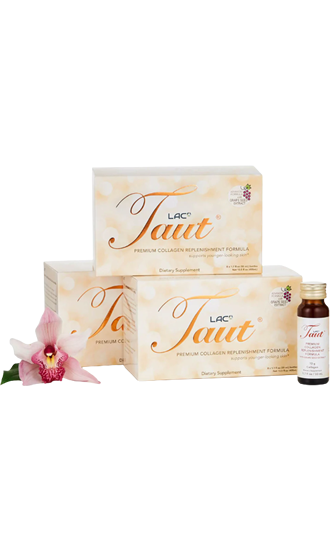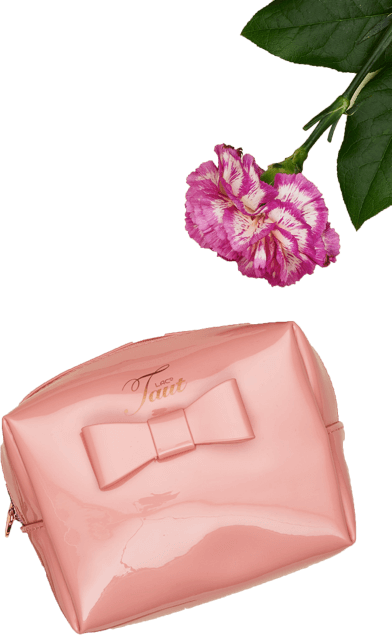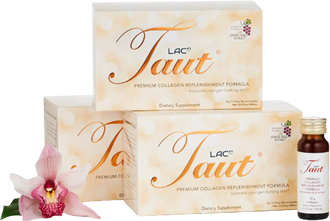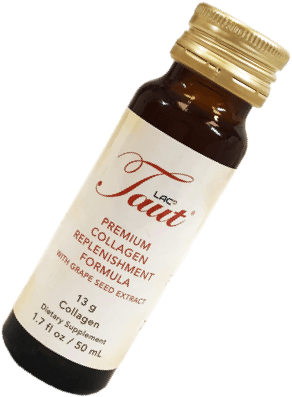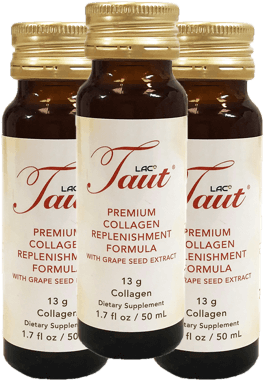Is Coffee Good For Your Skin: What Does It Do? (Side Effect of It on Skin)
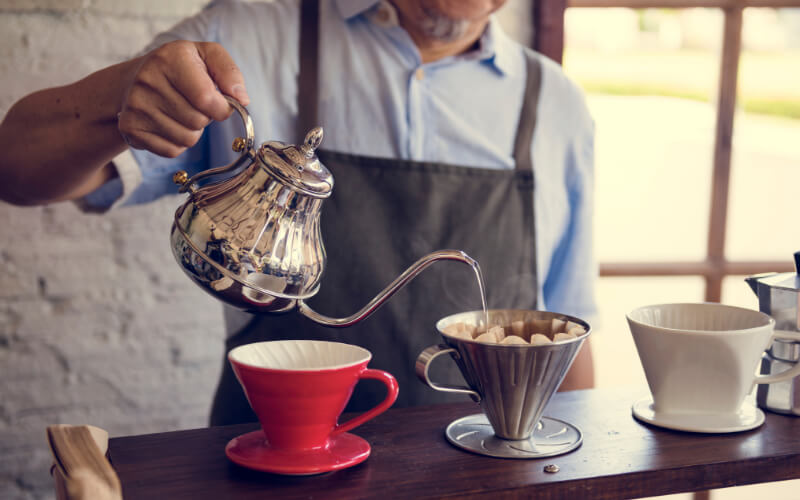
Coffee! Oh, how we love thee!
If you're like us, you start every day craving the wonderful aroma of freshly brewed coffee beans. It somehow magically wakes up your senses and makes your morning a little bit more enjoyable. For all of us, a day without a cup of coffee is like a day without sunshine (or skin care!).
But, other than getting that sudden jolt of caffeine in the morning, why else do we all love coffee so much? Does it cause more harm than good? And, is coffee good for your skin?
Before you take another sip, let’s dive into the health information on coffee, the effects of caffeine, and find out the benefits (and drawbacks) of this marvelous morning drink for ourselves.
Health Benefits Of Drinking A Cup Of Coffee
Coffee is more than just dark water. You don’t have to be a nutrition expert to know that it actually contains a number of beneficial, anti-inflammatory nutrients, including manganese, potassium, riboflavin, niacin, and pantothenic acid (Vitamin B5).
Coffee is also an incredible source of antioxidants. Drinking coffee has been shown to fight free radicals and help prevent many different diseases, including type 2 diabetes and liver cirrhosis.
Even though this little drink is packed with all kinds of good-for-you properties and antioxidants, what we really want to thank coffee for is its day-brightening abilities because of its caffeine content.
Caffeine is a plant alkaloid and central nervous system stimulant that is found naturally in coffee, green tea, cacao beans, kola nuts, yerba mate, and guarana berries. It is frequently used to help with mental alertness and very often it is the first thing we reach for when we start our day. According to the FDA, 80 percent of all adults consume caffeine from food or beverages.
Besides providing a nice buzz, caffeine offers a number of impressive health benefits. Benefits of coffee for skin and body include:
- Reducing cellulite beneath the dermis
- Boosting memory
- Improving concentration
- Lowering risks of diseases such as Alzheimer’s, Parkinson’s, and liver cancer
- Enhancing mood
- Jump-starting workouts
Consuming coffee helps to keep us alert and could even elevate our mood. However, does the caffeine in coffee impact your dermis and health?

Collagen And Caffeine: Is Coffee Good For Skin?
While coffee may help us live longer, think faster, and exercise harder, what does coffee do to your skin?
Unfortunately, drinking a large amount of coffee isn’t the best thing for our complexion. The caffeine in coffee could inhibit the antioxidant properties and nutrients that promote collagen production from being delivered to the dermis.1
If you’re a heavy coffee drinker and start to limit your consumption of coffee, the effects on your dermis will be noticeable. You may see fewer wrinkles, a healthy glow, and plump, hydrated complexion.2
The caffeine in coffee has been shown to inhibit collagen biosynthesis in the fibroblasts of your dermis and also impact DNA biosynthesis.3
And, although caffeic acid (which is surprisingly unrelated to caffeine) may help reduce inflammation and have antioxidant and antimicrobial properties, this might not be enough to outdo the damage from caffeine.4
But, what caffeic acid can do is help stimulate the natural collagen in our dermis. Our dermis contains more than 75% collagen. We start to lose collagen as we age, which results in fine lines, wrinkles, and dull-looking skin. So, it is important to replenish our lost collagen with the best collagen pills in order to keep our dermis firm and youthful But, it is equally important to minimize substances that can destroy collagen.
Caffeine’s effects on skin and health include:
- Aging the skin prematurely and promote wrinkle formation
- Disrupting beauty sleep
- Reducing dermal moisture
- Inhibiting iron and calcium absorption
Having one to two cups of coffee per day is fine, but any more than that could be harmful. Drinking too much coffee could cause premature wrinkling and lead to a loss of firmness.
The good news is that by dialing back on coffee consumption, women under 50 can reverse many of the negative effects of coffee, even in as little as two to three months. But, for older individuals, it could take anywhere from three to six months of cutting out coffee to see a reversal in the effects of aging.2
Disadvantages Of Coffee For Skin Health (Coffee Effect On Skin)
1. Caffeine Leads To Premature Aging
While the antioxidants in coffee may help fight signs of aging, having too much of this divine beverage can lead to premature wrinkles. A clinical study on dermal issues related to caffeine consumption has shown that caffeine inhibits collagen biosynthesis. This is because caffeine inhibits the enzyme prolidase, which plays a role in collagen synthesis.3
That morning cup of coffee may also heighten stress levels and increase the hormones cortisol and insulin. Insulin causes inflammation and leads to premature aging in the form of fine lines and wrinkles. Consistently high levels of cortisol inhibit your dermis’s ability to heal, regenerate, and protect itself. High levels of cortisol can also lead to collagen breakdown.5
Additionally, caffeine constricts blood vessels, making it difficult to supply the dermis with nutrients. This can result in fine lines and wrinkles. Vasoconstriction also limits oxygen flow to your dermis, which makes it look dull and sallow.6

2. How Coffee Disrupts Your Beauty Sleep (Coffee Effects On Skin)
If you’re knocking back espresso shots before bedtime, your sleep and beauty may suffer as a result. According to the American Academy of Sleep Medicine, caffeine can have a disruptive effect on your sleep.7
One study showed when you drink coffee, you shift your circadian clock. This makes it difficult to fall and stay asleep. It can also make getting up the next day a serious struggle. It’s best to avoid caffeine in the evening for this reason.8
Not sleeping enough will wreak havoc on your dermis because your body won’t make as much human growth hormone, which stimulates cell production. This means your body won’t be able to produce new cells to reverse the previous day’s damage. This accelerates the aging process. What’s more, not sleeping enough can hurt collagen production and cause your dermis to get thinner.
3. How Caffeine Increases Dryness
While coffee has anti-inflammatory properties, caffeine can rob your dermis of vital moisture. As a result, your severe dry skin will be more prone to developing fine lines and wrinkles. This is because caffeine is a diuretic, which means it causes you to urinate more frequently. Eventually, this leads to some fluid loss and causes dryness.
You might be familiar with the rule that you need to drink six to eight glasses of water per day for optimal health, but if you’re drinking a lot of tea or coffee on a daily basis, you need to consume even more water to stay hydrated and keep your dermis looking plump and moist.
4. How Caffeine Reduces Iron And Calcium Absorption
Drinking coffee and tea also inhibits iron absorption. According to one study, a cup of coffee reduced iron absorption from a hamburger meal by 39%. Tea led to a 64% decrease in iron absorption.9
Caffeine-containing beverage consumption has also been associated with reduced bone mass and increased fracture risk in some studies. This is because caffeine has a negative effect on the gut microbiome and impacts intestinal calcium absorption.10
Sources Of Caffeine (And How They Affect Your Skin Cells)
Caffeine Properties in Tea
Coffee is not the only morning beverage that packs a big caffeine punch. Humans have been drinking tea and enjoying its health-giving benefits since ancient times. Scientific evidence shows that both green tea and black tea have cancer-preventive effects and help to maintain cardiovascular and metabolic health.11
Drinking tea gives your dermis an unmistakable glow. The catechins in green tea are powerhouse antioxidants with anti-aging properties that help decrease inflammation, fight free radicals, and protect against sunburn and UV damage.
Drinking tea might be the healthiest way to take in caffeine. This is because the amount of caffeine per gram in tea is lower than in coffee. And, tea is also rich in a number of plant-based chemicals and antioxidants that promote health and wellness. Stick with green tea, which has less caffeine than black tea.
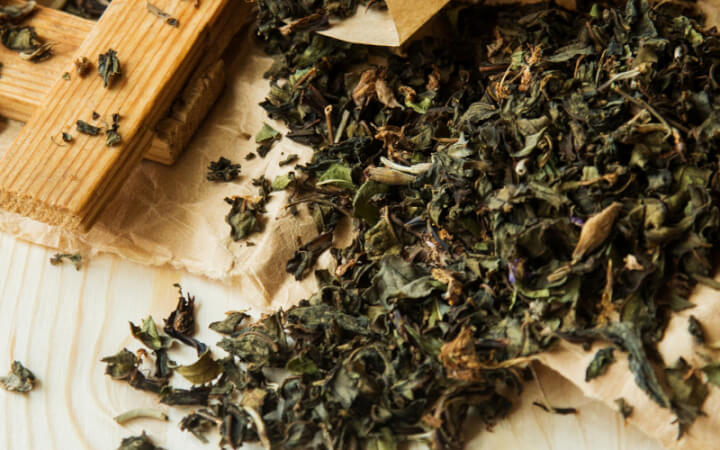
Caffeine in Soft Drinks
Do you agree that there are few things more refreshing than a sip of an ice-cold soda on a hot day? This echoes the sentiment of most people since the average American drinks 38 gallons of soda per year.
Soda doesn’t contain as much caffeine as tea. For example, cola contains 24 to 46mg of caffeine per 8 oz. In comparison, 8 oz. of black drip coffee contains 115 to 175mg of caffeine, and 8 oz. of black tea contains an average of 40 to 60mg of caffeine.
Needless to say, drinking soda isn’t healthy, not only because of its caffeine content but also because of the jaw-dropping amount of sugar soda contains. The high levels of sugar in soda aren’t good for the dermis and can also elevate your diabetes risk, which can lead to a decline in kidney function.
On top of that, the caramel coloring in some sodas has been linked to cancer and vascular issues. ‘Nuff said.12 And, that's not to mention the additional chemicals in sugar-free versions of these tasty drinks.
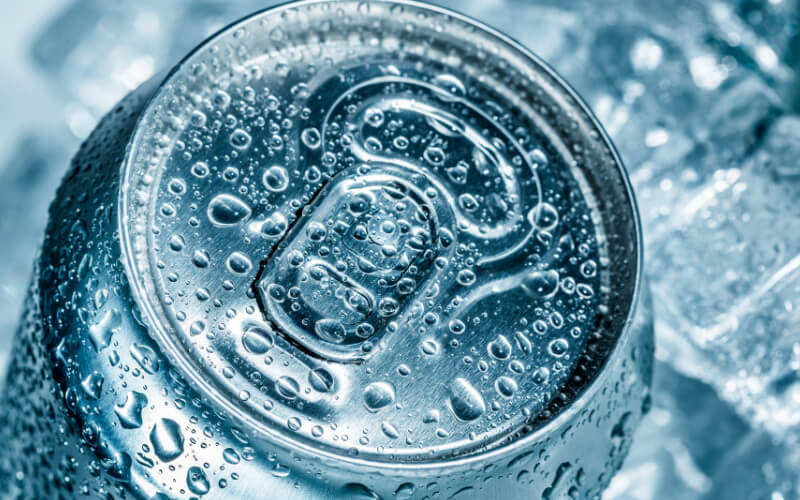
Coffee And Skin Care (Caffeine as a Topical Treatment)
Why Is Coffee Good For Your Skin?
You may have noticed that caffeine from coffee beans, green tea, and black tea can be used as an active ingredient in lotions, fat-burning creams, body scrubs, and cellulite treatments that are applied topically.
Coffee skin care and caffeine topical treatments' known benefits include the following:
- Reducing fat cells
- Reducing puffy, dark eye circles
- Reducing the appearance of cellulite
How A Topical Caffeine Or Coffee Treatment Works Positively On Our Dermis (Coffee Skincare Benefits)
Owing to caffeine’s ability to constrict blood vessels, applying a product containing caffeine to the dermis can help to reduce swelling, smooth wrinkles, eliminate puffiness under the eyes, and increase blood flow under the dermis.13
Caffeine dehydrates the skin’s fat cells to make the epidermis appear smoother. According to a study in the Journal of Cosmetic Dermatology, 76 percent of people who used a fat-burning cream containing caffeine found that their thigh circumference decreased by approximately half an inch. However, caffeine is not a long-term fat burning solution or cellulite treatment, since the effects are often only temporary.14, 15
Applying a caffeine lotion or coffee scrub to your dermis may help make blood vessels appear less visible and reduce redness. In eye gels, caffeine helps to reduce puffiness because it is a vasoconstrictor and drains excess blood and lymph fluid.
The acid in caffeine has antioxidant properties. Antioxidants help fight free radicals that can cause damage to the dermis and even cancer. Using a cream or serum that contains caffeine benefits skin because of its antioxidant content. Topically applying antioxidants may help reduce the risk of skin cancer. Using a topical caffeine skincare product with sunscreen can give your dermis an excellent boost of protection.
While caffeine can be an excellent topical treatment, it’s best to consume caffeine-containing drinks in moderation because as the aforementioned evidence suggests, caffeine can be detrimental to the dermis.
Ways To Use Coffee On The Skin (Coffee Grounds to Remove Dead Skin Cells)
- Coffee Grounds Body Scrub - Not sure what to do with leftover coffee grounds from your morning cup of Joe? Use them as a natural body scrub while you’re in the shower. A coffee scrub is perfect for gently exfoliating the epidermis to get rid of built-up dirt and dead skin cells for good. And, rubbing your dermis with coffee grounds can also help stimulate blood flow, and provide temporary anti-inflammatory properties that may reduce the appearance of cellulite.
- Coffee Face Mask - Apply a coffee-enhanced face mask to eliminate dead skin cells and awaken a dull complexion. Some formulas can also be used as an acne treatment. Either throw together a DIY formula from your favorite blog or add some coffee grounds to the face masks you have sitting on your bathroom shelves. There are also many coffee scrub face masks available from some of the most popular skincare brands in the United States and abroad.
- After-Sun Coffee Treatment - If you’re looking to soothe a sunburn after a day at the beach, let the antioxidants and anti-inflammatory properties in a freshly-brewed cup of Joe come to the rescue. Soak a towel in cold coffee and lay the towel over the burn. You’ll want to continue this treatment until the inflammation significantly decreases.16
Collagen: The Ultimate Skin Stimulant Drink?
Green tea, step aside!
The most effective way to transform your dermis, reverse the signs of aging, and achieve a firm, youthful, and radiant complexion is by taking an all-in-one collagen supplement.
Collagen for skin is making a comeback, and we’re not talking about injections or collagen creams that are applied topically. Health nuts are turning to bone broth and collagen supplements to improve joint health, reduce wrinkles and sagging, and promote a firm and youthful complexion.
In connection with the bulletproof coffee craze, many people are mixing collagen into their morning java. However, due to the potentially damaging side effects of coffee on skin, it makes more sense to take a caffeine-free collagen supplement that contains other active ingredients working synergistically to rejuvenate your dermis.
LAC Taut® Premium Collagen Advanced Formula is a high-quality collagen drink that contains a whopping 13,000mg of hydrolyzed marine collagen and 6 key active ingredients (elastin, hyaluronic acid, grape seed extract, ceramide, vitamin C) to stimulate collagen production and help fight free radical damage.
If aging skin is bringing you down, try LAC Taut® Premium Collagen Drink to super-charge your dermis and turn back your clock! Your complexion will be fuller, firmer, and smoother in as little as 21 days.
Hear What Renewskin Co Customers Have To Say:
True Beauty from the inside!
“I have been drinking my Taut drink for 3 months now and my complexion is so youthful. For the first time in my life, my nails are strong and don’t split. My hair is soft and shiny and not dry and dull like it used to be. Thank you Taut—-you have delivered my beauty secret to me.”
Very happy with the results!
“I have been using Lac Taut collagen Formula and Taut dietary supplements, for 3 months now and I am very happy with the results. Using Taut products Improves my skin tone by visibly reducing my wrinkles, smoothing the appearance of my dry lines, and any signs of aging. Using LAC Taut gives you a much better result, than getting Collagen treatment from Deluxe Skin Spa.”
Love it!!!
“I've started drinking Taut Collagen for almost a year now. Since the day that I used it my skin is clear, glowing, smooth, my skin looks ten years younger.”
Get in touch with our customer service team if you have any questions about any of our transformation programs or would like to discover more about our Taut Collagen Transformation Programs.
References:
- Effects of Caffeine and Hyaluronic Acid on Collagen Synthesis in Human Skin Fibroblasts
- Too Much Coffee Can Be Bad News for Your Skin
- Caffeic Acid in Skincare: In Vitro Release and Skin Absorption
- Impact of Mental Workload and Caffeine on Catecholamines, Blood Pressure, and Performance
- Vasoconstriction
- Sleep and caffeine
- Effects of caffeine on the human circadian clock in vivo and in vitro
- Inhibition of food iron absorption by coffee
- Effects of caffeine on bone and the calcium economy
- Tea and Health: Studies in Humans
- Caramel color: The health risk that may be in your soda
- Caffeine's mechanisms of action and its cosmetic use
- Does Coffee Have Any Benefits for Your Skin?


